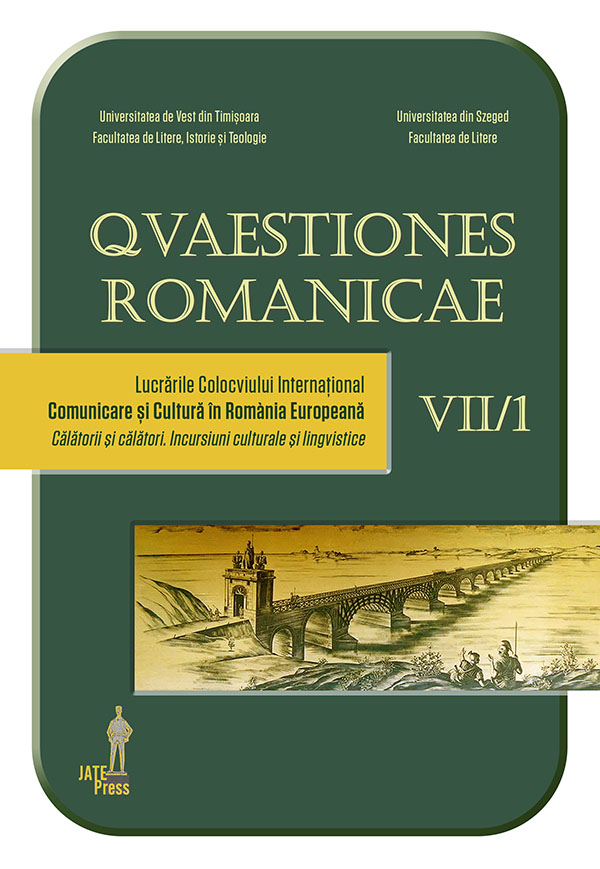La aventura de tenere como auxiliar de tiempos compuestos en la península ibérica
Abstract: (The Adventure of tenere as an Auxiliary Verb in Compound Tenses in the Iberian Peninsula) Among the romance languages of the Iberian Peninsula, Portuguese stands out with the use of ter, originated from tenere, while both Spanish and Catalan use desemanticized descendants of habere to form the perfect tenses. A considerable amount of research has been conducted regarding a use that is similar to the aforementioned Portuguese construction – i.e. the structure tener + past participle – in the Spanish of the Spanish Golden Age. These facts have been attributed to the influence of the Portuguese literature that was very popular in the era. The purpose of this study is to demonstrate, based on examples of a Catalan corpus, that the possesive Catalan verb tenir can be documented functioning as an auxiliary verb of perfect tenses in early Catalan texts. The criteria applied in other studies focusing on this construction in Spanish will be used to test this hypothesis.
Keywords: historical morpho-syntax of the verb, Iberian Romance historical morpho-syntax, compound verb tenses, verbs of possession, perfective constructions.
Resumen: Entre las lenguas romances representativas de la península ibérica, el portugués destaca por usar ter, procedente de tenere, mientras que el español y el catalán coinciden en utilizar descendientes desemantizados de habere para formar los llamados tiempos verbales compuestos. Un uso similar al de la construcción portuguesa ha sido observado y analizado abundantemente también en el caso de la estructura tener + participio en el español del Siglo de Oro. Tales hechos han sido atribuidos a la influencia de la literatura portuguesa, muy popular en la época. En este estudio, mediante el análisis de ejemplos procedentes de un corpus catalán, nos proponemos demostrar que el verbo de posesión catalán tenirtambién se documenta con la función de auxiliar de perfecto en textos antiguos escritos en esta lengua peninsular. Para probar tal hipótesis utilizaremos los criterios aplicados por otros estudios concentrados al caso del español.
Palabras clave: morfosintaxis histórica del verbo, morfosintaxis histórica iberorrománica, tiempos verbales compuestos, verbos de posesión, construcciones perfectivas.
